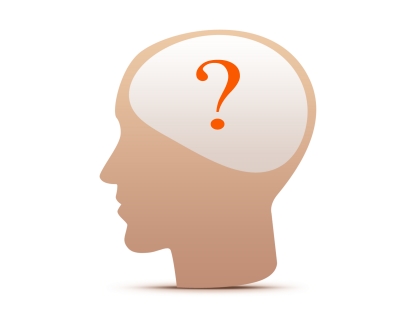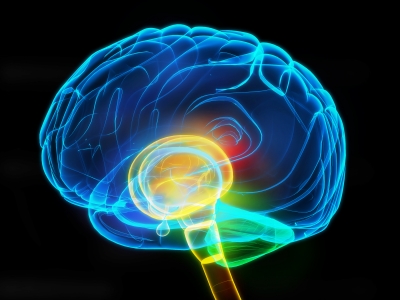Utter the phrase “mental illness” and for most people, schizophrenia is the disorder that comes most readily to mind. While the disease is widely known and mental health professionals are beginning to understand some of its contributing factors, the underlying causes of the disease are yet to be completely uncovered. Among the general population, schizophrenia is often regarded as a slightly “taboo” topic, with scientific research usually being blended with myth, hearsay and personal opinion. The infographic below will present a few facts on schizophrenia and help to clarify this popular, though often misunderstood mental disorder. Continue reading
Tag Archives: schizophrenia
Schizophrenia/Psychosis – Brain Disease or Existential Crisis?
 With the most recent schizophrenia/psychosis recovery research, we discover increasing evidence that psychosis is not caused by a disease of the brain, but is perhaps best described as being a last ditch strategy of a desperate psyche to transcend an intolerable situation or dilemma. To better understand how this conclusion which is so contrary to the widespread understanding of psychosis has come about, it will help if we break down this discussion into a short series of questions and answers.
With the most recent schizophrenia/psychosis recovery research, we discover increasing evidence that psychosis is not caused by a disease of the brain, but is perhaps best described as being a last ditch strategy of a desperate psyche to transcend an intolerable situation or dilemma. To better understand how this conclusion which is so contrary to the widespread understanding of psychosis has come about, it will help if we break down this discussion into a short series of questions and answers.
What? Schizophrenia may not be caused by a brain disease?
The emerging recovery research and continuous lack of substantiation of any of the various brain disease hypotheses have cast serious doubts about the validity of the brain disease theory Continue reading
Full Recovery From Schizophrenia? Post #2 – Is Schizophrenia Really a Brain Disease?
In spite of over a hundred years of research and many billions of dollars spent, we still have no clear evidence that schizophrenia and other related psychotic disorders are the result of a diseased brain. Continue reading
Full Recovery from Schizophrenia? Post #1 – Essential Factors that Support Recovery
 This is the first of a series of blog postings related to my own series of research studies (my doctoral research at Saybrook University; Williams, 2011) of people who have made full and lasting medication-free recoveries after being diagnosed with schizophrenia and other psychotic disorders. This is very exciting research because it is one of the few areas within psychological research that remains almost entirely wide open. One reason it is so wide open is that most Westerners don’t believe that such recovery is possible, in spite of significant evidence to the contrary. Since there are some very hopeful findings that have emerged within this research, I want to begin this series of postings by summing up one particularly hopeful aspect of my own research, which is a group of five factors that emerged which are considered to have been the most important factors in my participants’ recovery process. But before looking more closely at these factors, we should back up for a minute… Continue reading
This is the first of a series of blog postings related to my own series of research studies (my doctoral research at Saybrook University; Williams, 2011) of people who have made full and lasting medication-free recoveries after being diagnosed with schizophrenia and other psychotic disorders. This is very exciting research because it is one of the few areas within psychological research that remains almost entirely wide open. One reason it is so wide open is that most Westerners don’t believe that such recovery is possible, in spite of significant evidence to the contrary. Since there are some very hopeful findings that have emerged within this research, I want to begin this series of postings by summing up one particularly hopeful aspect of my own research, which is a group of five factors that emerged which are considered to have been the most important factors in my participants’ recovery process. But before looking more closely at these factors, we should back up for a minute… Continue reading



